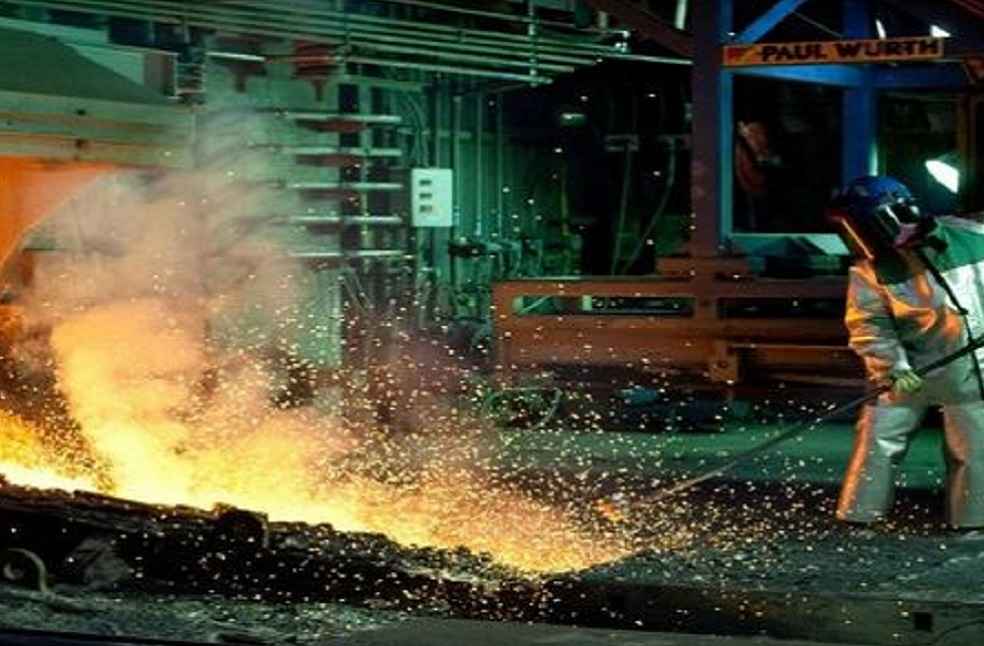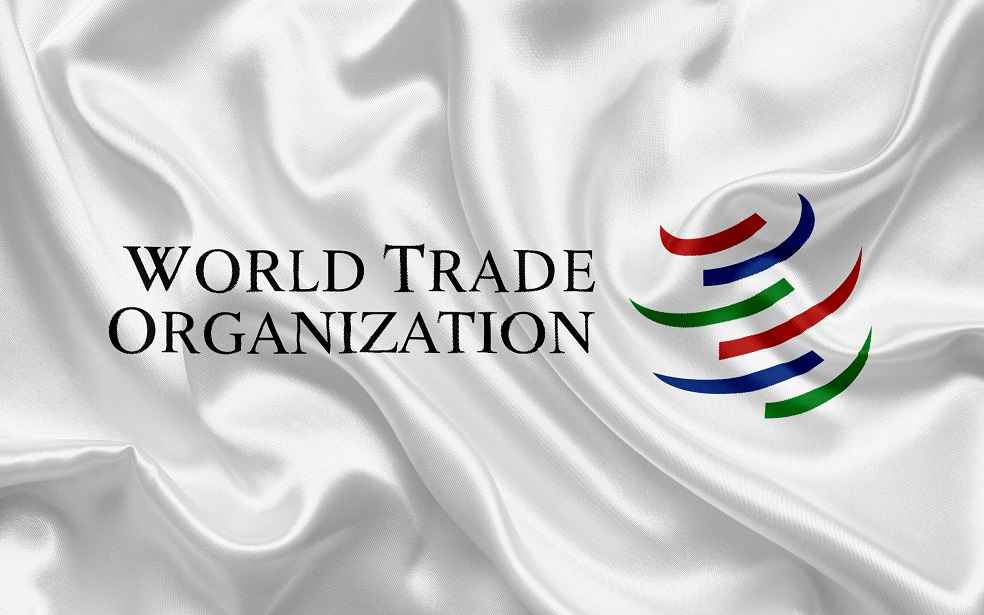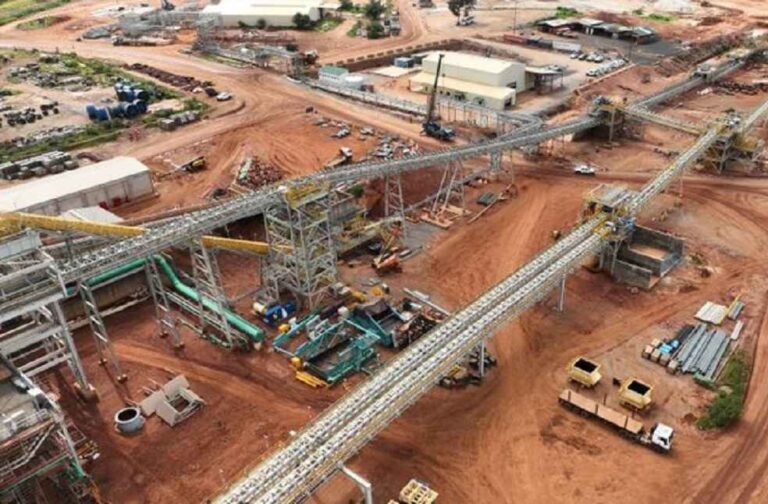Japan and the United Kingdom have expressed concerns over a proposed ban on the Philippines’ raw mineral export, warning that it may violate World Trade Organization (WTO) rules and disrupt global supply chains.
During a recent WTO Council for Trade in Goods meeting, Japan and the UK raised issues regarding Senate Bill (SB) 2826, which includes a provision to restrict the export of raw minerals. The Goods Council, one of the WTO’s primary bodies, oversees 14 committees handling matters from agriculture to market access.
A Geneva-based source told The STAR that Japan argued the export restriction would be inconsistent with Article XI:1 of the General Agreement on Tariffs and Trade, which requires WTO members to eliminate all forms of quantitative restrictions except under specific conditions. Quantitative restrictions are measures that limit the import or export of particular commodities.

Several Japanese companies with investments in Philippine mining, particularly in mine development and smelting operations, have reportedly raised their concerns with the Japanese government. One major investor is Sumitomo Metal Mining, which fully owns Coral Bay Nickel and holds a 75% stake in Taganito HPAL Nickel (THPAL).
Japan urged the Philippines to reconsider the export restriction provision under SB 2826, highlighting the potential impact on existing investments and international trade obligations.
The UK also voiced apprehension, warning that restricting raw ore exports would inevitably disrupt global supply chains. It stressed that the global trading system relies on countries avoiding protectionist measures, particularly regarding critical commodities like minerals. The UK sought clarification on the provision’s compatibility with WTO regulations.
In response, the Philippines explained that the proposed export restriction aims to stimulate domestic mineral processing, enhance value-adding activities, and increase government revenues. Officials assured Japan and the UK that the government is open to further discussions regarding their concerns.

Under SB 2826, the export of locally extracted minerals in raw form would be prohibited for five years to encourage the development of the domestic processing sector. Senate President Francis Escudero introduced the provision.
The Senate approved the bill on third and final reading in February, and it is now awaiting deliberation at the bicameral conference committee before being forwarded to President Ferdinand Marcos Jr. for approval. Notably, the counterpart bill in the House of Representatives does not include an export restriction.
Japan and the UK are among the world’s top 10 nickel importers. According to the International Trade Center, Japan ranked third in nickel imports last year with $3.28 billion, while the UK ranked seventh with $1.82 billion.
The Philippines is the world’s second-largest nickel producer, following Indonesia. The Philippines produced 330,000 metric tons of nickel last year, compared to Indonesia’s 2.2 million metric tons, based on data from the US Geological Survey.
Dante Bravo, president of the Philippine Nickel Industry Association, supported the concerns raised by Japan and the UK and reiterated the industry’s appeal to reconsider the proposed export ban on raw ores.
TRADE WORLD | Kenya and Ethiopia Sign Bilateral Agreement to Boost Trade



